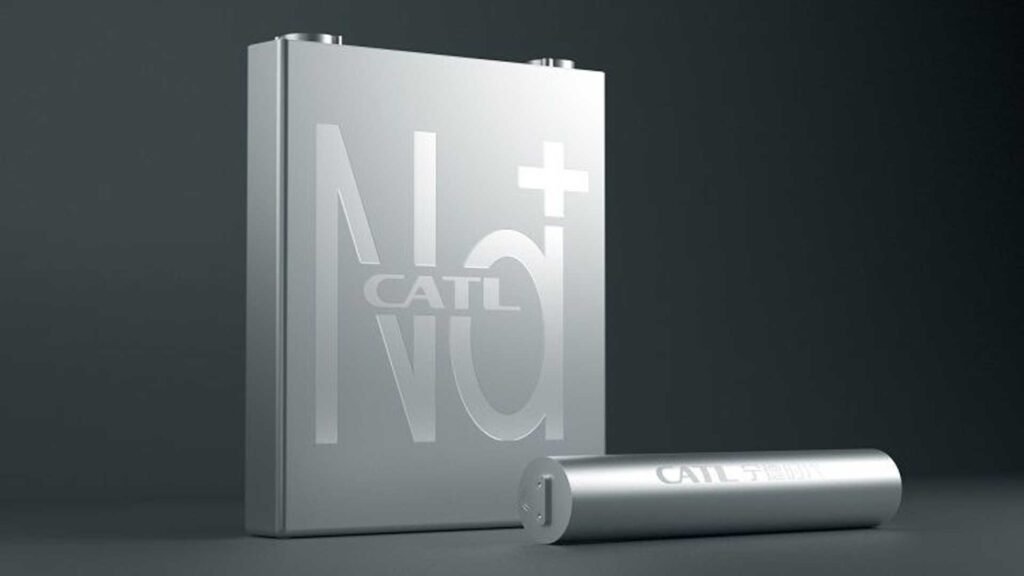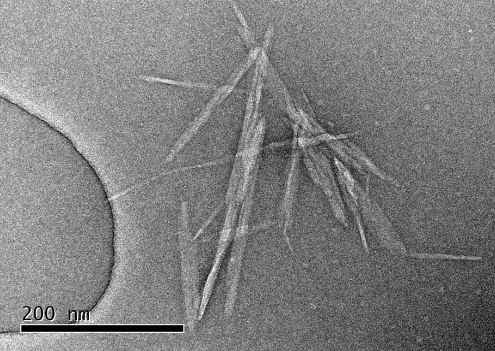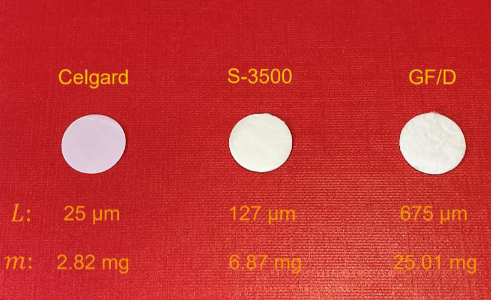One of the most potential high-energy and low-cost energy storage devices for the next generation of large-scale applications is sodium-metal batteries (SMBs). Uncontrolled dendrite formation, which penetrates the battery’s separator and causes short-circuiting, is one of the biggest hurdles to the development of SMBs.

Building on previous work the University of Bristol team has succeeded in making a separator from cellulose nanomaterials derived from brown seaweed.
A separator’s purpose is to separate the working components of a battery (the plus and negative ends) and enable free charge transport. The researchers demonstrated that seaweed-based materials may strengthen the separator and keep it from being perforated by sodium-based metal structures.

It also allows for greater storage capacity and efficiency, increasing the lifetime of the batteries – something which is key to powering devices such as mobile phones for much longer.
These nanoparticles can reinforce separator materials and improve our ability to transition to sodium-based batteries. This means we won’t have to rely on limited elements like lithium, which is frequently mined unethically and consumes a lot of natural resources like water to extract.

This work illustrates that cleaner kinds of energy storage are achievable without causing environmental damage in the process. The next hurdle will be to scale up manufacturing and replace present lithium-based technologies.
Reference- Journal Advance Materials, Clean Technica, University of Bristol, Interesting Engineering, New Atlas






